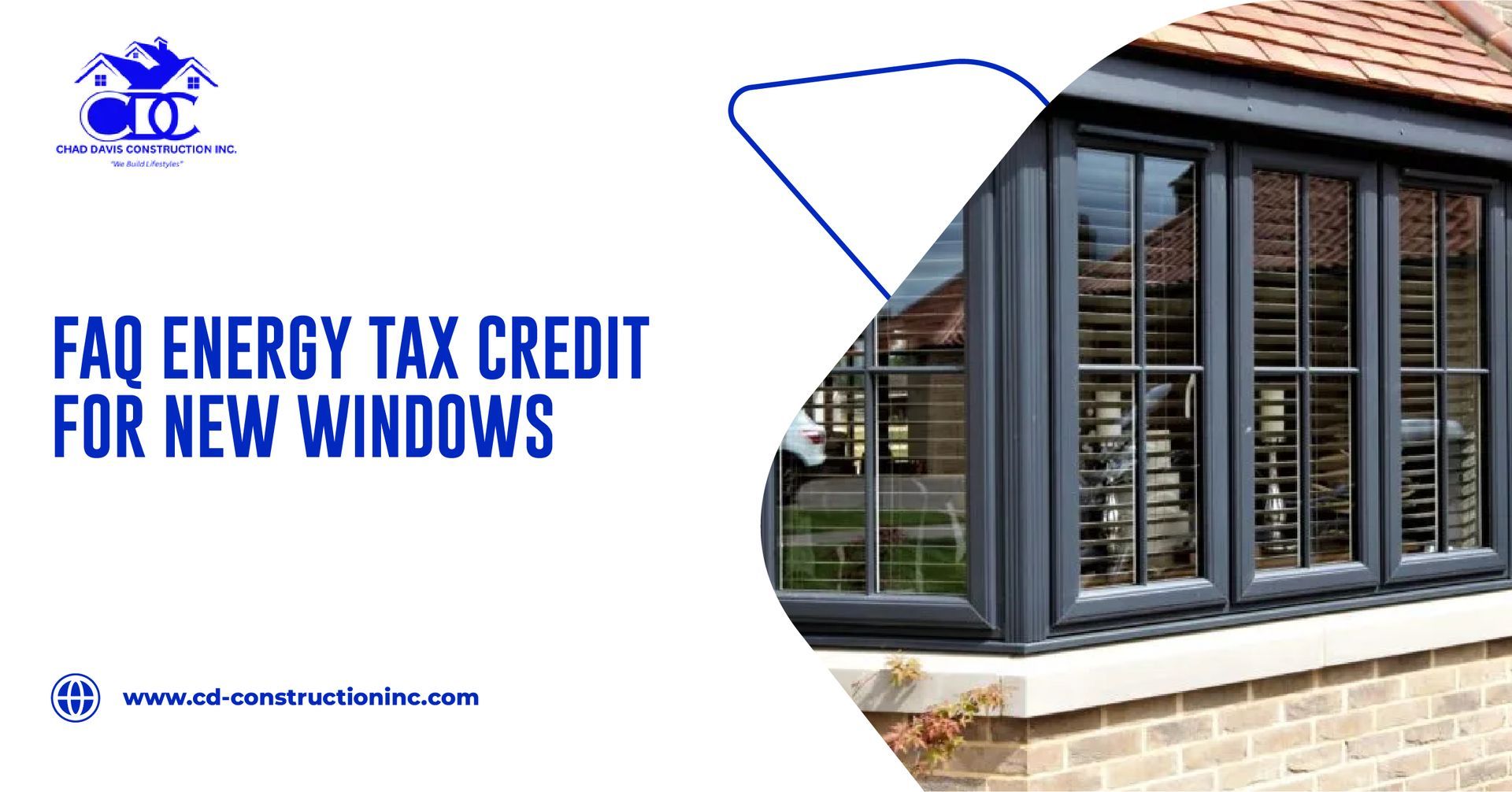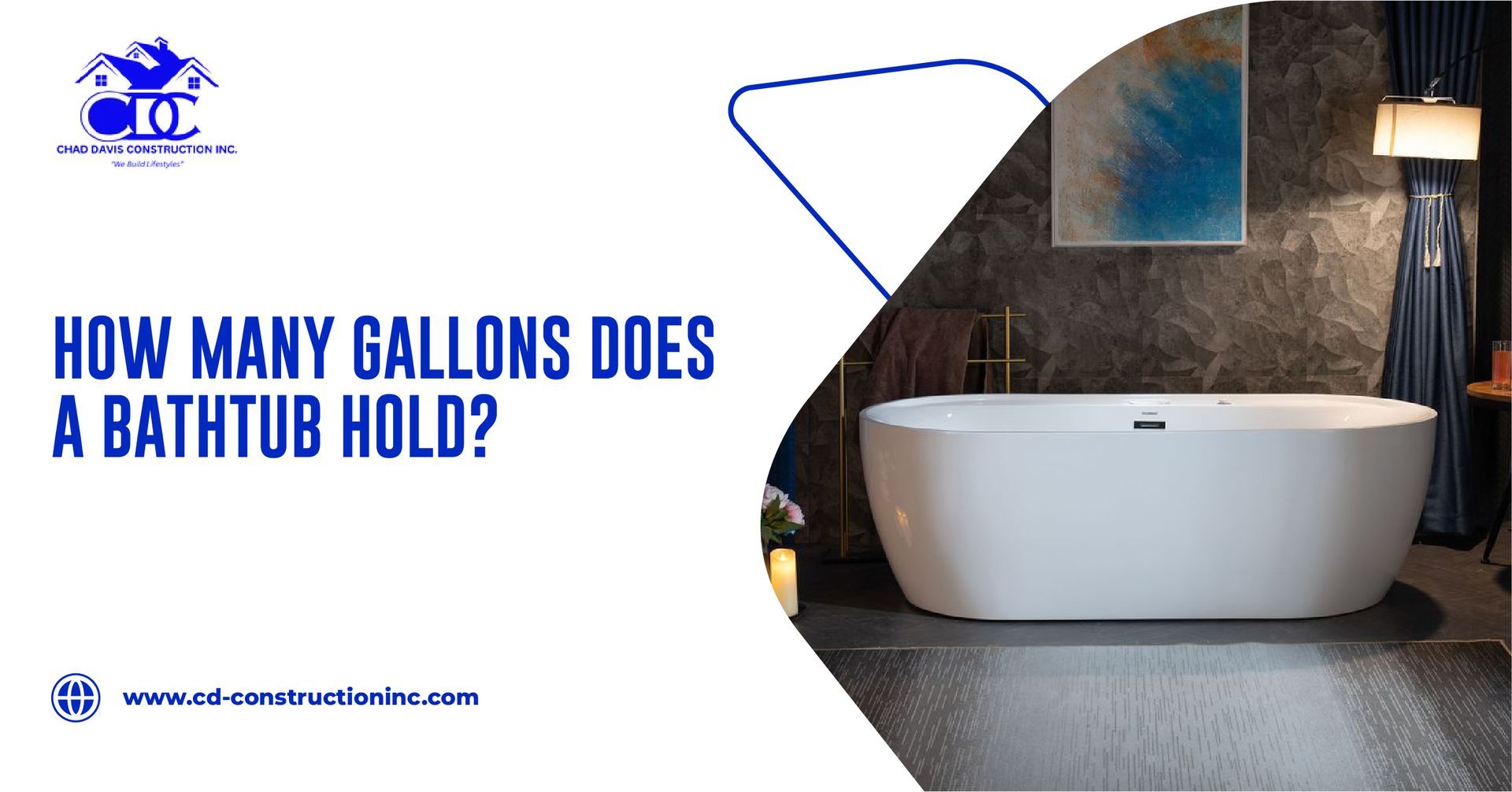The Importance of a Project Manager for Your Remodel
When embarking on a home remodel, whether it’s updating your kitchen, adding a custom deck, or remodeling your bathroom, it’s easy to get excited about the transformation. However, without proper planning, coordination, and oversight, your project can easily spiral into delays, budget overruns, and frustration. One key factor that helps ensure the success of any remodeling project is the project manager.
Hiring a project manager (PM) for your remodel isn’t just a luxury—it’s a smart decision that can save you time, money, and a lot of stress. A skilled PM brings organization, expertise, and oversight, ensuring that everything goes as planned and that your investment in your home pays off.
At CD Construction, we’ve seen firsthand how a project manager transforms the remodeling experience. From maintaining a tight schedule to ensuring quality control, a PM handles the nitty-gritty details so you don’t have to.
In this article, we will explore why hiring a project manager is crucial for the success of your remodel, the key benefits they bring, and how they ensure that the project stays within your desired budget and timeline.
What is a Project Manager in Remodeling?
Before we dive into why a project manager is essential, let’s take a moment to define what they actually do. A remodeling project manager is responsible for overseeing the planning, execution, and completion of your renovation project. They act as the central hub for all communication, coordination, and decision-making.
A project manager’s role spans from the initial concept stage, all the way through to project completion, ensuring that everything runs smoothly and all work meets your expectations.
Key Responsibilities:
- Project Planning & Scheduling
The PM develops a detailed schedule that outlines each phase of the remodeling process, including time estimates for procurement, demolition, construction, and final inspections. They coordinate all tasks to ensure that the work is completed on time. - Hiring and Managing Subcontractors
Not every aspect of a remodel can be handled by one professional. Whether it's plumbing, electrical work, or carpentry, a project manager manages and schedules subcontractors, ensuring that each one fulfills their role to the highest standards. - Budget Oversight
One of the primary tasks of a project manager is to control costs. They establish a project budget, track expenses, secure competitive quotes for materials, and prevent any unnecessary spending. A PM helps you stick to the budget and avoid costly surprises. - Ensuring Compliance and Quality Control
The PM ensures that all work adheres to local building codes, safety regulations, and industry standards. They monitor work quality throughout the project and address any issues that arise before they become bigger problems. - Client Communication
A PM serves as the main point of contact for homeowners. They ensure that clients are kept in the loop throughout the remodeling process, addressing any concerns and providing regular updates on progress.
Why Should You Hire a Project Manager for Your Remodel?
You might be asking yourself, “Why can’t I just hire contractors and handle things myself?” While it’s true that some homeowners can manage a small project on their own, larger or more complex remodels require a level of oversight and coordination that only a professional project manager can provide.
Here are the key reasons why hiring a project manager for your remodel is worth the investment:
1. They Keep the Project on Track and on Time
A successful remodel requires proper coordination of all the moving parts: ordering materials, scheduling workers, obtaining permits, and ensuring inspections are completed. Without a project manager, you risk running into delays due to poor planning or missed appointments. A project manager ensures that everything stays on schedule, helping you avoid unnecessary delays and additional costs.
For example, let’s say you're remodeling your kitchen. If the appliance delivery is delayed and there’s no one to keep track of the timing, it could halt progress. A project manager ensures that all contractors and suppliers arrive as scheduled and that the workflow doesn’t get interrupted.
2. They Maintain High-Quality Work
Remodeling requires expertise in various trades, from electrical to plumbing and carpentry. A project manager’s job is to ensure that all work meets the highest standards. They’ll monitor the quality of work, inspect materials, and make sure that everything adheres to building codes and regulations.
This level of oversight guarantees that the finished result not only looks great but is also built to last. Without a project manager, subpar workmanship may go unnoticed, leading to repairs or rework, which can be costly and time-consuming.
3. They Help Control the Budget
Without proper oversight, budgets can easily get out of hand. A project manager keeps track of the financial side of your remodel, ensuring that the project stays within your predetermined budget. They will manage all costs associated with materials, labor, and permits, and notify you of any unforeseen expenses that may arise.
Imagine you’re updating your home’s bathroom. A project manager will get multiple quotes from suppliers, help you select affordable yet quality materials, and keep you informed of any budget changes. Without a project manager, you could end up overspending on unnecessary items or face unexpected costs when deadlines are missed.
4. They Are Experts in Problem-Solving
Remodels often come with unexpected challenges. Whether it’s a structural issue, an unanticipated permit requirement, or a supply delay, a project manager has the experience to handle these problems efficiently. They can find a solution quickly without disrupting the overall project timeline.
For example, while installing custom windows and doors, the project manager may discover that the window openings need to be resized to meet local code. Instead of halting the entire project, the PM would make sure that the changes are handled quickly, ensuring the project continues without delay.
5. They Improve Communication and Coordination
Communication is key to any successful remodel. A project manager coordinates between you, the contractors, and any subcontractors, ensuring that everyone is on the same page. They are the go-to person when you have questions, concerns, or feedback about the project, so you don’t have to chase down multiple parties to get answers.
6. They Maximize Your Remodel’s Value
One of the key benefits of hiring a project manager is that they ensure your remodeling project maximizes your return on investment (ROI). Whether you’re remodeling your kitchen, installing new windows, or updating your deck, a project manager helps you make decisions that will enhance the overall value of your home.
For example, upgrading your kitchen or installing new custom pergolas may increase the appeal of your home to potential buyers. A project manager ensures the renovation aligns with current design trends and functionality, which can significantly increase your home’s resale value.
Looking to enhance your home’s value with a kitchen remodel?
Explore our Kitchen Remodeling Services to get started.
How to Know When You Need a Project Manager
While some small remodeling projects can be done without a project manager, larger projects require professional oversight. If your remodel involves multiple trades (e.g., electrical, plumbing, carpentry), custom design elements, or a large scope of work, it’s time to hire a project manager.
Key Signs You Need a Project Manager:
- Your remodel involves structural changes.
- You’re working with multiple contractors (plumbers, electricians, carpenters, etc.).
- The project is time-sensitive.
- You don’t have experience managing home remodels.
- You need to ensure budget control and avoid overspending.
Final Thoughts: The Right Choice for Your Remodel
Hiring a project manager may be an additional investment, but it’s one that pays off in the long run. From ensuring quality control and budget management to solving problems quickly and keeping everything on track, a project manager’s experience makes your remodel smoother, more efficient, and ultimately more successful.
Ready to Start Your Remodel?
If you’re planning a remodel, whether it’s for your kitchen, bathroom, or living room, a project manager from CD Construction can help guide the process and ensure it’s done right.
contact our team today for a consultation and let us help you bring your vision to life with professional project management and expert craftsmanship.




